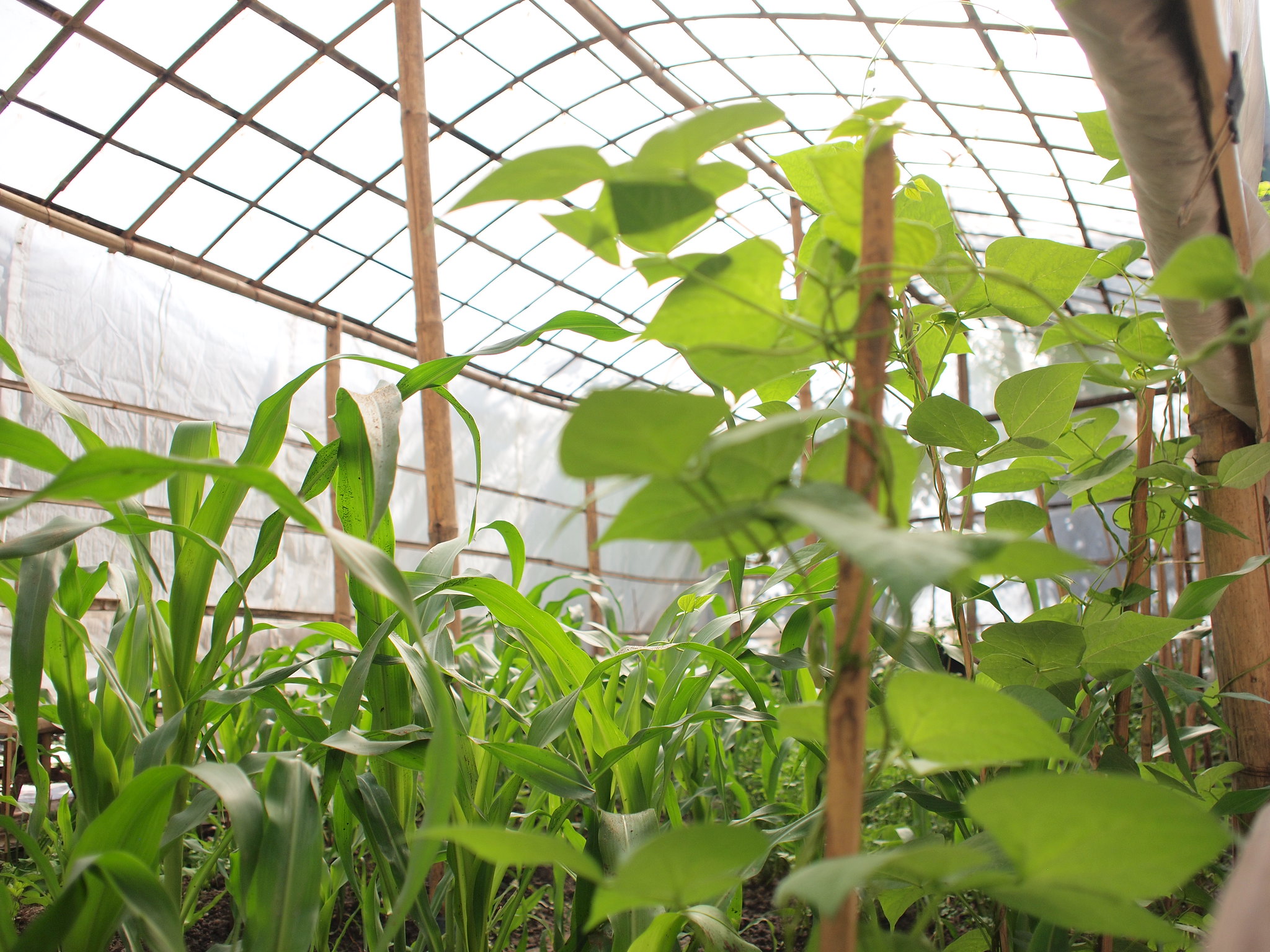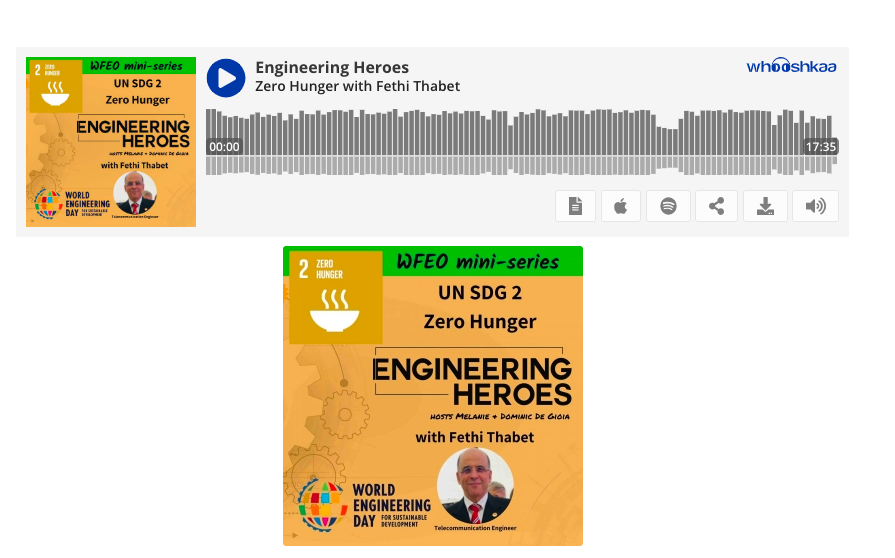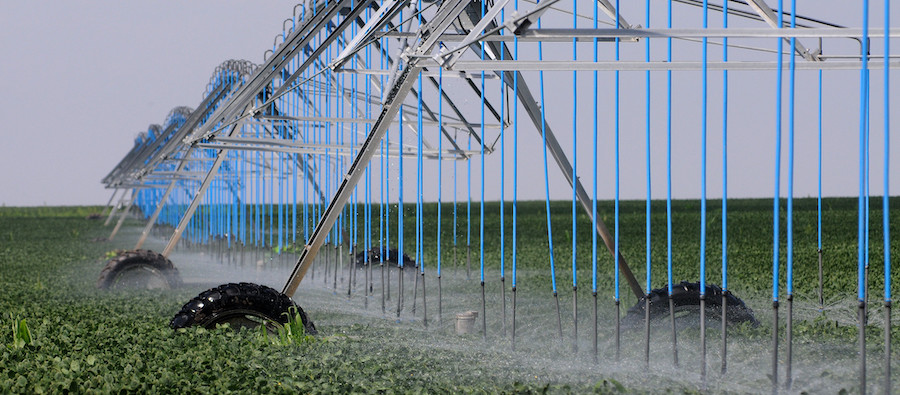Fethi Thabet, Telecommunications Engineer, City Councillor for Ariana, Tunisia, and Theme Leader for Engineering and Sustainable Agriculture at the World Federation of Engineering Organizations (WFEO), explores the role engineering plays in advancing the Sustainable Development Goals.
The first World Engineering Day for Sustainable Development, launched by the World Federation of Engineering Organizations (WFEO) and UNESCO on Wednesday, March 4, is the first and only international day to specifically celebrate the importance of engineering in delivering sustainable development around the globe.
With 820 million people going hungry in the world, achieving food security on a global level is a major objective and an enormous challenge, which requires ground-breaking science, technology and innovation.
SDG2 (Zero Hunger) comprises four main priorities: ending global hunger, achieving food security, improving nutrition and promoting sustainable agriculture. Within all of these areas, engineering has a key role to play.

Credit: Engineering for Change
Power of Knowledge
When it comes to development, people often talk about money and finance rather than focusing on practical issues or natural resources. But it is not enough to simply have a strategy – you must also be good at applying it, implementing solutions and taking action. Engineers can help to develop the strategies to manage these practical concerns and execute them. That is why engineering experts must be at the heart of advancing the SDGs.
When engineers from different disciplines come together, major intersectional issues can be tackled. For instance, by bringing together experts in infrastructure, communications and meteorology to advise farmers on how to make best use of their land, they can increase both production and productivity.
Farmers also need knowledge on how to feed growing populations, sustainably manage resources, increase food security and adapt to climate change. Telecommunication and digitalisation for agriculture can boost this knowledge-sharing, but many smallholder farmers do not have access to the right technology or training to be able to make use of new innovations. Engineers therefore play a crucial part not only in improving infrastructure, but also in helping farmers learn how to use and apply the tools available to them.
Resource Management
In Africa, rainfall is expected to decrease by 20 per cent over the next decade, with climate change increasing the frequency of extreme weather patterns, such as prolonged droughts and soaring temperatures. Engineering is instrumental in helping the agricultural sector to better manage natural resources like water, as well as in advancing energy and climate-resilient initiatives.
In North Africa, water management is a key concern for engineers. Water scarcity is a direct result of climate change and there is a general absence of integrated water resources to mitigate this. Governments often prioritise supply over demand which can lead to a further mismanagement of water resources. Awareness of waste water and its link to pollution is low, so optimising every drop of water for crops through effective irrigation systems is imperative.
Effective resource management can also help reduce food waste, with engineers pioneering innovative solutions all along the supply chain. They can lead the way in improvements to roads and railways that connect farmers to markets, the storage of grains, fruits, vegetables, meat and fish, and the electricity supply needed for cold storage.

Credit: South Africa, David Brossard
Efficient storage systems are an invaluable resource in areas such as sub-Saharan Africa, where an abundance of fruit and vegetables are produced, but high temperatures mean food can spoil quickly. The WFEO is currently initiating a workshop with the International Institute of Refrigeration (IIR) to foster the development and implementation of cold chain facilities in sub-Saharan Africa to help reduce food loss and waste. With a third of food wasted globally each year, the role of engineering is vital in building sustainable storage systems to help secure food supplies for countries all year round.
Through increased visibility and involvement, engineers can help to improve rural infrastructure, storage capacities and knowledge-transfer. This will not only significantly reduce food losses and waste throughout the food chain, but also work towards achieving the critical goal of Zero Hunger by 2030.
The original interview with Fethi Thabet appeared on the Engineering Heroes podcast with Melanie and Dominic De Gioia.

Credit: Engineering Heroes



